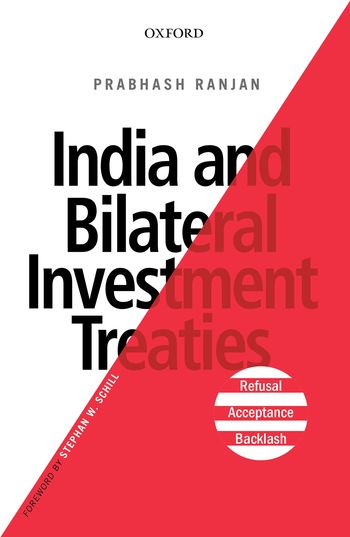
Many countries have started contesting international investment treaties that allow foreign corporations to sue sovereign States for alleged treaty breaches at international arbitration fora. This contestation has taken the form of either countries terminating their investment treaties or walking out of the investor-State dispute settlement (ISDS) system. India has also jumped on the contestation bandwagon. As a consequence of being sued by more than 20 foreign investors, India terminated close to 60 investment treaties and adopted a new model bilateral investment treaty (BIT) purportedly to balance investment protection with the host State's right to regulate.
This book studies critically India's approach towards BITs by tracing its origin, evolution, and the current state of play. The book does so by locating it in India's economic policy in general and policy towards foreign investment in particular. India's approach towards BITs and its policy towards foreign investment were consistent with each other in the periods of economic nationalism (1947-1990) and economic liberalism (1991-2010). However, post 2010, India's approach to BITs has become protectionist while India's foreign investment policy continues to be liberal. In order to balance investment protection with the State's right to regulate, India needs to evolve its BIT practice based on the twin framework of international rule of law and embedded liberalism.